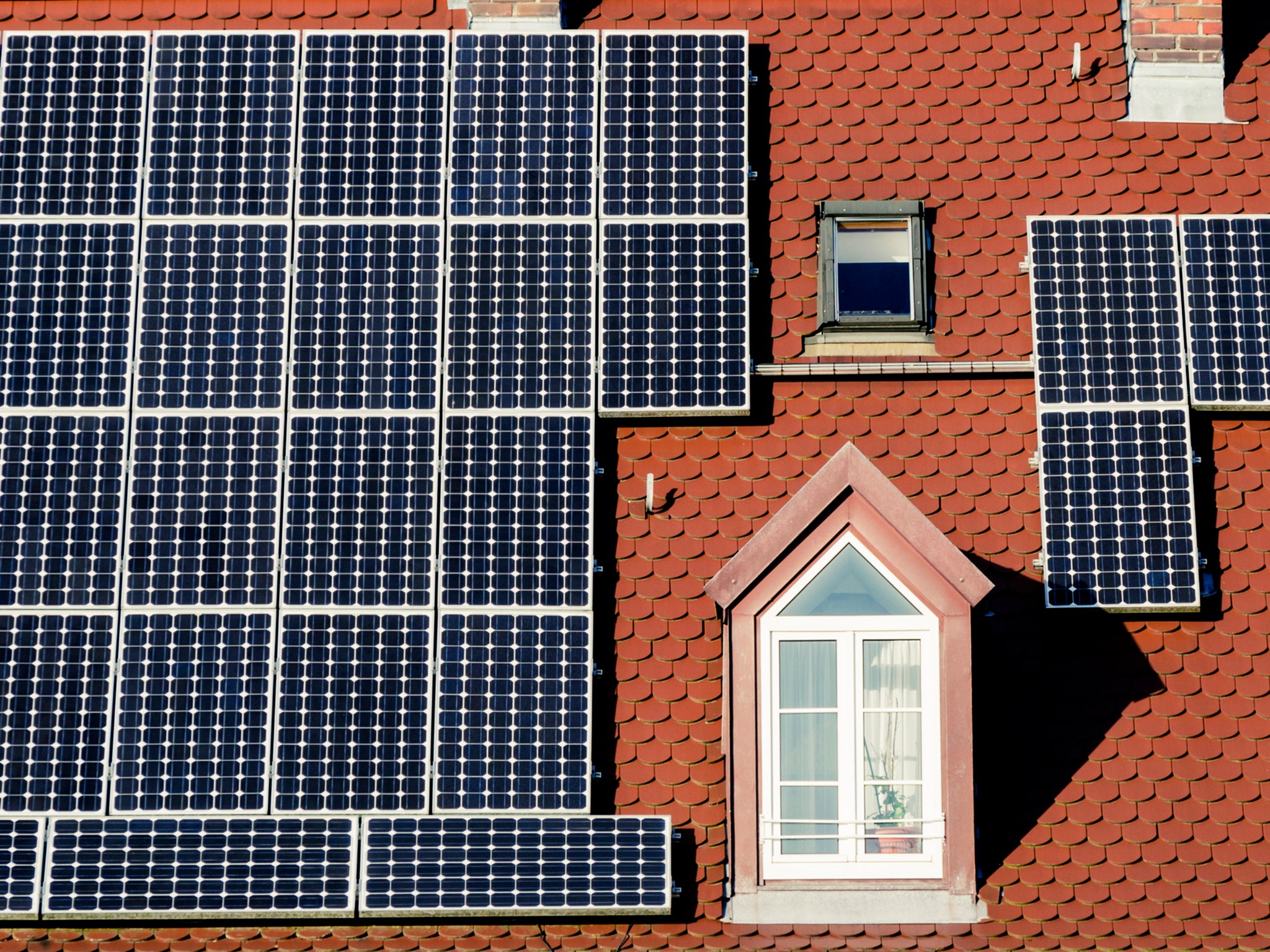Australian brewer offers beer in exchange for solar power
Energy-conscious households will get discount crates

Your support helps us to tell the story
From reproductive rights to climate change to Big Tech, The Independent is on the ground when the story is developing. Whether it's investigating the financials of Elon Musk's pro-Trump PAC or producing our latest documentary, 'The A Word', which shines a light on the American women fighting for reproductive rights, we know how important it is to parse out the facts from the messaging.
At such a critical moment in US history, we need reporters on the ground. Your donation allows us to keep sending journalists to speak to both sides of the story.
The Independent is trusted by Americans across the entire political spectrum. And unlike many other quality news outlets, we choose not to lock Americans out of our reporting and analysis with paywalls. We believe quality journalism should be available to everyone, paid for by those who can afford it.
Your support makes all the difference.Households with rooftop solar panels can now be paid in beer for their excess power under a scheme in Australia.
Asahi Group’s Carlton and United Breweries (CUB) are offering cans of bitter in exchange for solar power, in what the companies involved believe to be a world first.
For every A$30 (£17) of solar credit a household generates, they can get 24 cans of beer (known as a slab in Australia), CUB said. The Victoria Bitter exchanged by CUB is worth A$50 in store.
“The only thing better than drinking the Big Cold Beer in the Aussie sun is earning beer while you do it,” said Brian Phan, marketing manager for Victoria Bitter.
The brewer has made the offer to help meet its target to use 100 per cent renewable power by 2025. It has also installed solar panels at its Melbourne plant and is buying power from a solar farm.
Read more:
- Tiny minorities take most flights in countries with highest air travel emissions, report says
- Majority of economists say benefits of reaching net zero by 2050 outweigh costs, survey finds
- Greta Thunberg takes aim at global trade emissions in Suez Canal meme
- ‘Cancer-causing’ chemicals found in children living near fracking well sites
Last week, it was announced that Australian households could soon be charged for exporting electricity to the power grid when it is not needed.
The Australian Energy Market Commission said the draft policy would prevent “traffic jams” of electricity at sunny times as well as allowing more solar households to be connected to the grid.
Household solar power is popular in Australia – around 20 per cent of houses have panels – and is seen as key to decarbonising the electricity sector.
Despite advances in solar power, Australia has drawn criticism from around the globe over its attitude to the climate crisis.
Prime minister Scott Morrison, who refused to follow scientists in linking devastating wildfires in the country to climate change, was denied a chance to speak at a global summit in December because his government had not set ambitious commitments to tackle the crisis.
A report published on Wednesday by the Australian Academy of Science said the country’s target of achieving net zero carbon emissions by 2050 was the “absolute minimum” necessary to mitigate the impact of climate change and urged the government to accelerate the transition from fossil fuels.
Join our commenting forum
Join thought-provoking conversations, follow other Independent readers and see their replies
Comments